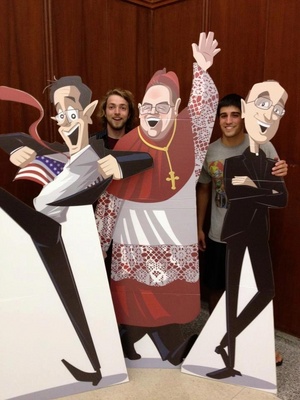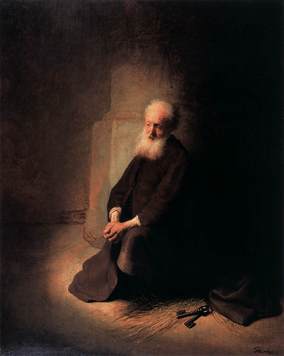I would hope that Catholics know and utilize the work of of the Apostleship of Prayer. You would know the Apostleship because of their publication of the Pope’s monthly prayer intentions, the advocacy of the Morning Offering and devotion to the Sacred Heart of Jesus. Well, there is good work being done to make the ministry of these faithful Jesuits more known so as to lead all to Christ.
Cindy Wooden of CNS notes,
“Membership in
the Apostleship of Prayer involves a commitment to beginning each day with a
prayer offering one’s life to God and praying for the needs of the universal
church and the intentions of the pope. Members promise to end each day
prayerfully reviewing their blessings and failings.
The morning offering and
prayers are the basic membership requirements, and in many countries the
apostleship has no registration, no groups, no fees, and no special meetings.
The Jesuits estimate that about 50 million people fulfill the membership
requirements in the apostleship and its youth wing, the Eucharistic Youth
Movement.”
The September 17th article is here.
Please join the Apostleship of Prayer (see the link above).


